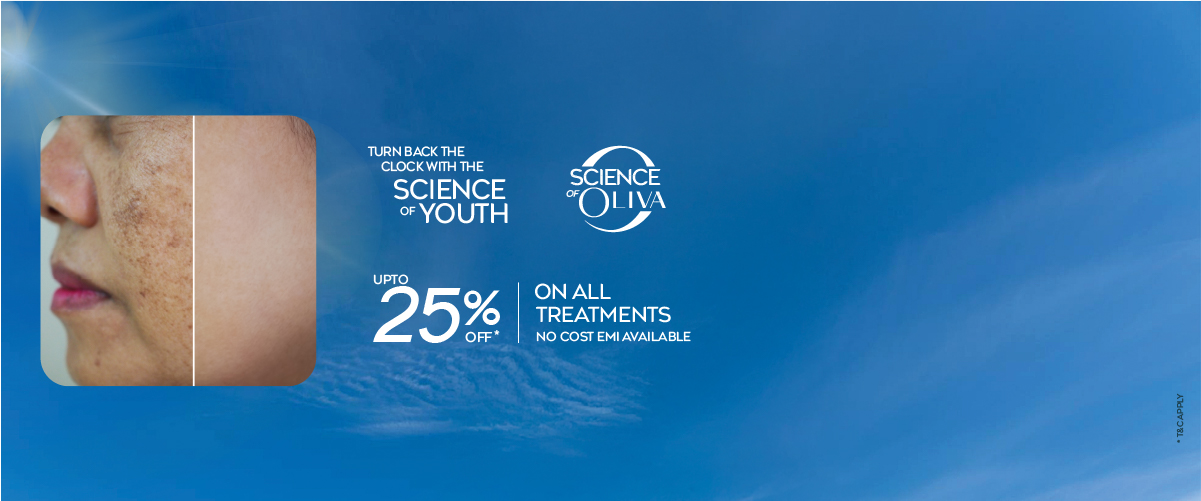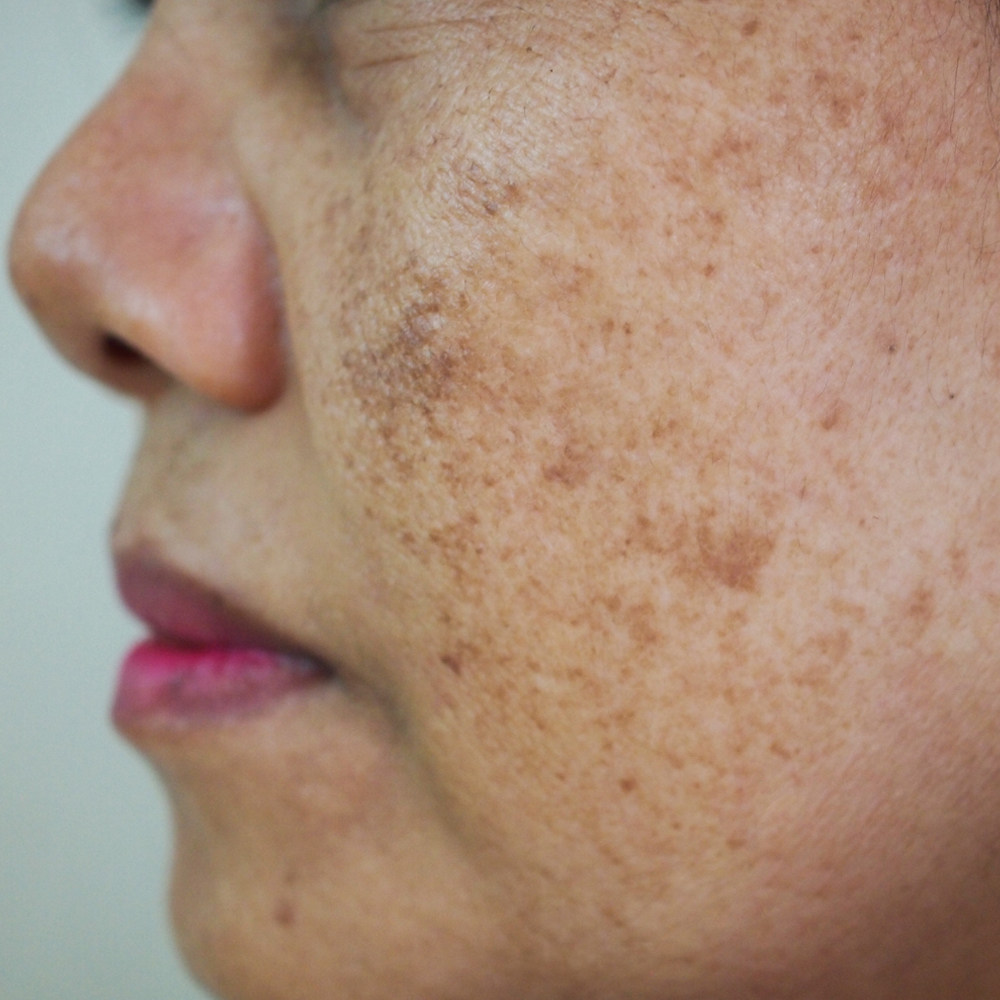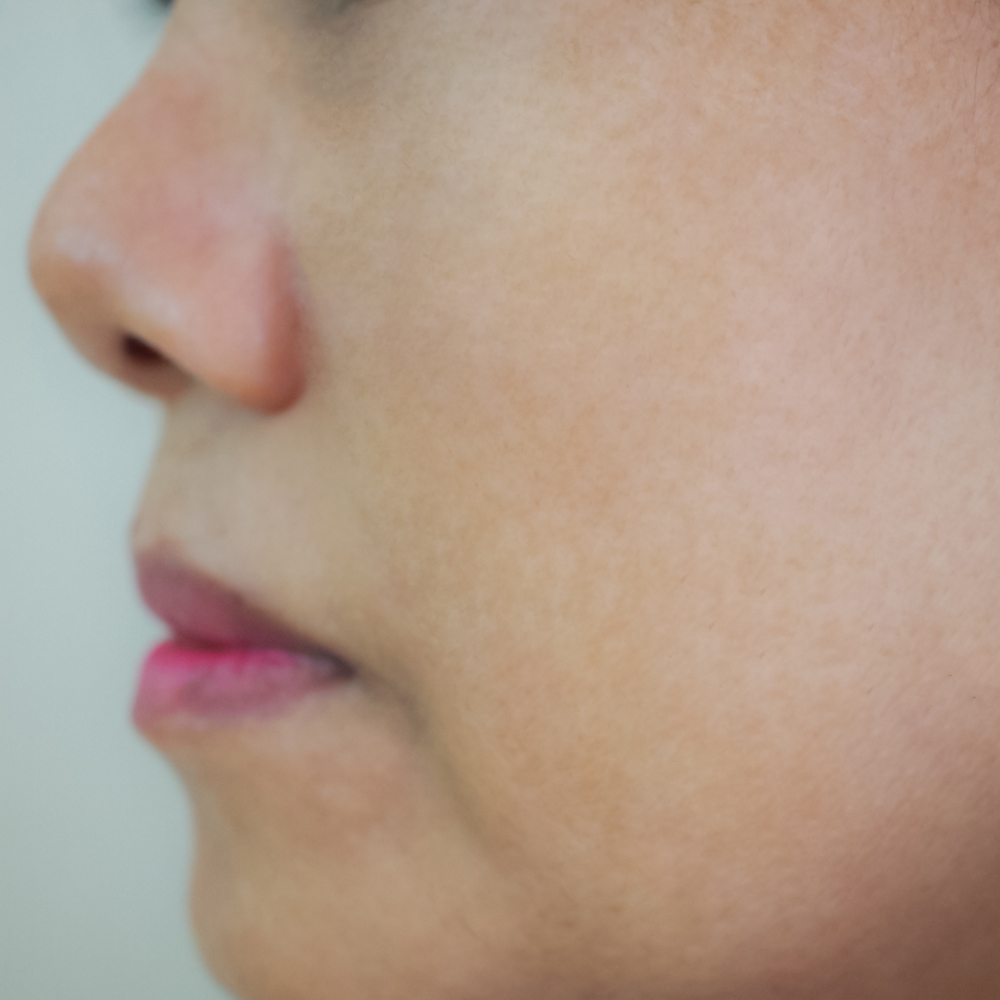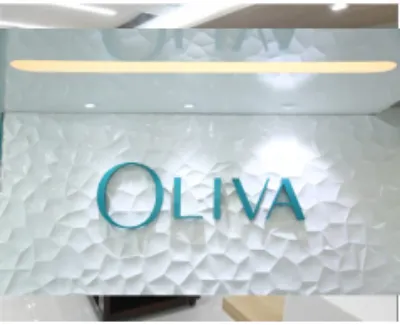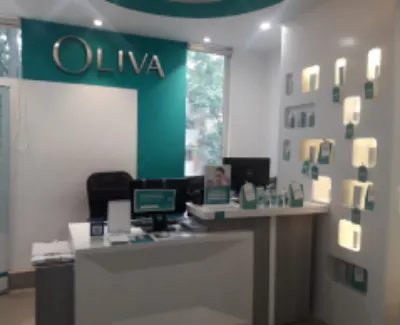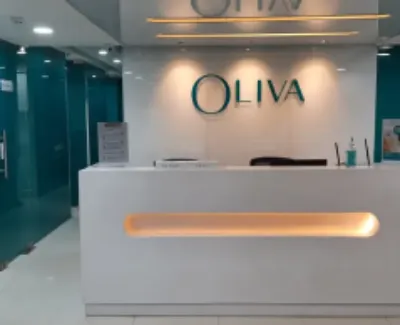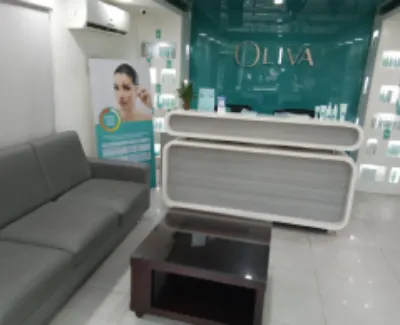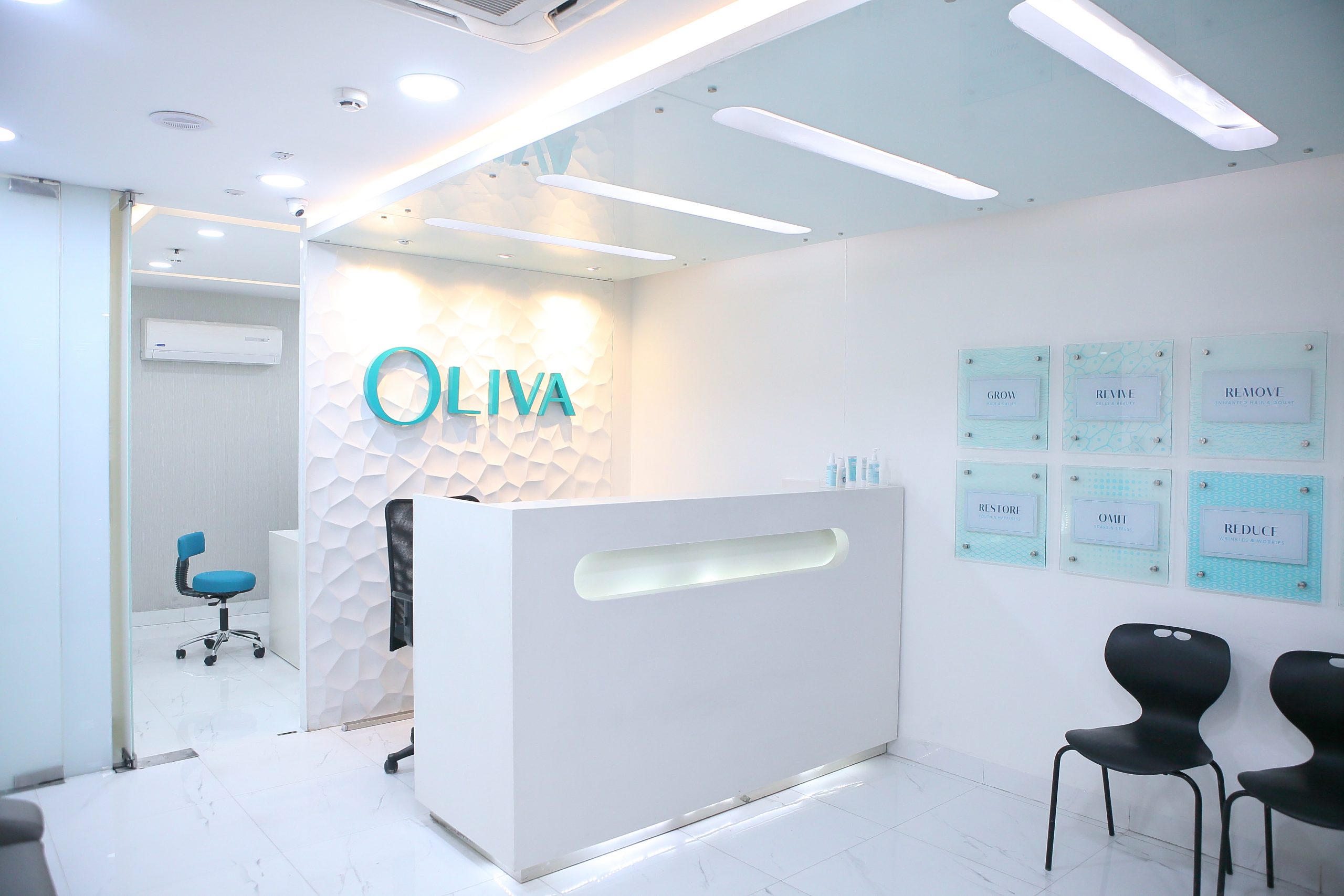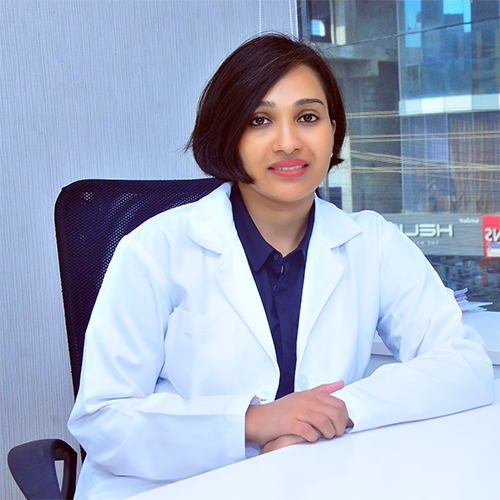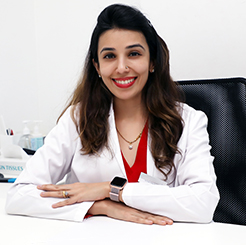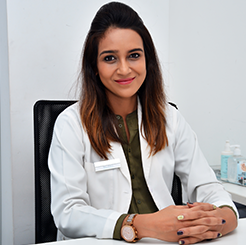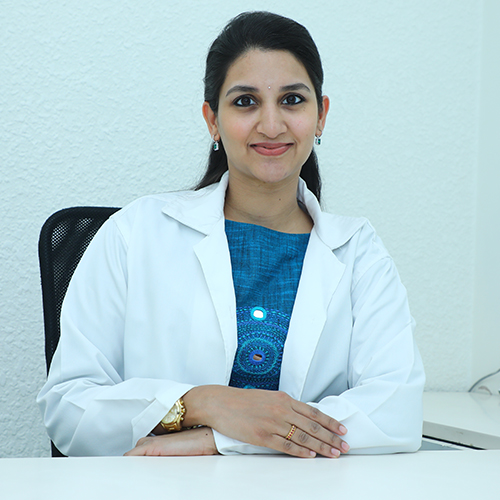Why Choose Oliva Clinic?
Over 115+ experienced MD - certified dermatologists.
A 5-step consultation to understand your skin, hair & body
US-FDA approved equipment ensuring safety and effectiveness
Achieve significant improvement in a few sessions
No hidden costs. We ensure full transparency at every step.
7,50,000+ happy clients with a 95% satisfaction rate
What Is Melasma?
You may have noticed dark brown or grey patches on your face after pregnancy or prolonged sun exposure and using birth control pills. Melasma, though harmless, can be challenging to treat due to its persistent nature. So, it would be best to opt for advanced and customised solutions performed by dermatologists trained to minimise melasma.
Where Does Melasma Occur?
Melasma patches typically affect the skin tone on the face and other sun-exposed areas, such as the cheeks, forehead, bridge of the nose, chin, forearms, chest, and back.
Different Types Of Melasma
| Melasma Type | Description | Symptoms | Treatable |
| Epidermal Melasma | Overproduction of melanin in the top layer of the skin called the epidermis | Dark brown patches with outlined edges | Yes |
| Dermal Melasma | Pigment build-up deeply embedded in the dermis | Bluish patches with obscure margins | No
|
| Mixed Melasma | The most common type of melasma that affects both the superficial and deeper tissue | It requires a combination of different therapies |
Signs And Symptoms Of Melasma
One of the most common melasma signs is hyperpigmented spots that resemble freckles. They usually grow into brown, blue, or grey patches with defined or diffused circumferences. These discolourations typically occur symmetrically on both sides of the face, especially the cheeks, forehead, nose, chin, and jawline.
What Causes Melasma?
There are many potential causes of melasma, but the two most common are the following.
How Is Melasma Diagnosed?
Dermatologists diagnose melasma by looking closely at the skin using a Wood’s lamp. This special blue ultraviolet light allows dermatologists to assess the depth and type of hyperpigmentation. In some cases, a biopsy may be necessary to confirm the diagnosis.
What Are The Treatments For Melasma?
Melasma is a complex skin condition that can often be difficult to treat. Various treatment options are available, and the best course of action will depend on the melasma type, cause and severity. At Oliva, our expert dermatologists examine your pigmentation thoroughly and customise a treatment plan best suited to your skin condition Leading dermatologists prescribe a few different oral and topical medications to treat melasma:
How To Prevent Melasma?
Before & After Results
*Images are from real clients, and results can be subjective


